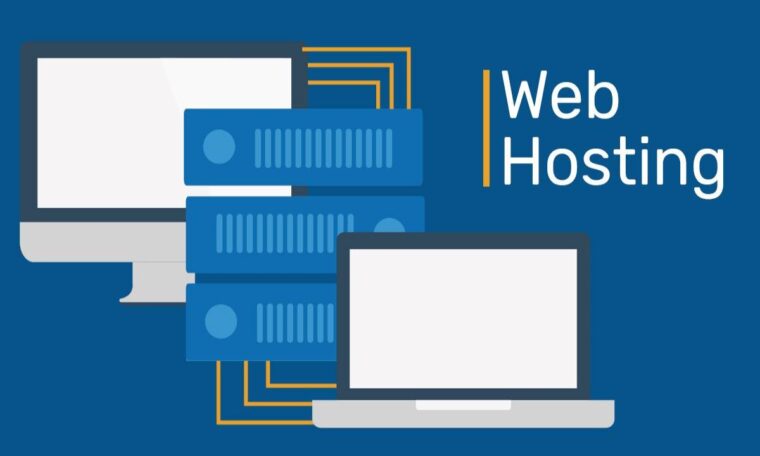
Introduction
When it comes to web hosting, security is not a desirable perk; rather, it is an absolute prerequisite. In this day and age of ever-increasing numbers of cyberattacks, securing your website is not just about preserving data; rather, it is also about keeping the confidence of your website’s users and defending your reputation online. In this post, we will discuss the many different facets of web hosting security, as well as ways in which you may protect your online presence from any potential dangers.
Common Security Threats
A better understanding of the most frequent security risks will assist you in better preparing for and protecting your website:
DDos Attacks: DDoS assaults, also known as distributed denial of service attacks, entail flooding a website with traffic coming from a variety of different directions in order to make the website inaccessible to users.
Malware: Malware is short for malicious software, which can cause disruptions to operations, destroy data, and even steal private information.
Data Breach: Breaches in Data Security Unauthorized access to data can result in the theft of personal information, financial loss, and reputational harm.
SQL Injection: SQL Injection is a form of cyberattack that includes entering malicious code into the database of your website via online forms. This type of attack has the ability to corrupt sensitive data or expose it to unauthorized parties.
Cross-Site Scripting (XSS): Cross-Site Scripting (XSS) is a form of cyber assault that occurs when an attacker inserts malicious scripts into web pages that are seen by other users. These scripts have the potential to steal data or deface the website.
Taking Precautions for Safety
Several different precautions can be taken against these dangers, including the following:
SSL/TLS Certificates: These certificates secure sensitive information during transmission by encrypting data that is sent between the user’s browser and the server.
Firewalls and anti-virus software: Firewalls serve as a barrier between your server and incoming traffic, filtering out harmful requests. Anti-virus software is another tool that helps protect against viruses. Malware can be found and removed with the assistance of anti-virus software.
Regular Backups: Backups Taken on a Regular Basis Having backups of your website that are taken on a regular basis can be a real lifesaver in the event that data is lost or your website is hacked. It makes it possible to swiftly restore your website to an earlier version of itself.
Secure File Transfer Protocol (SFTP): SFTP protects against tampering and interception by providing a secure route for the transfer of files between your local system and the server.
Two-Factor Authentication: Two-Factor Authentication, often known as 2FA, is an additional layer of security that requires a second form of verification in addition to a password. Examples of this type of verification include a text message or an app notification.
Choosing a Secure Web Host
When searching for a web host, it is essential to give careful consideration to the safety precautions they use. Reliable hosts such as Hostkey make the details of their security protocols available to its customers. These protocols may include DDoS protection, regular backups, and other safety features. It is possible to witness Hostkey’s commitment to security in the way the company protects hosted websites by utilizing cutting-edge technologies and best practices. It is essential to select a host that places a high value on security and takes a preventative stance when it comes to addressing potential risks.
Conclusion
In today’s hyper-connected world, the safety of the server that hosts your website is just as important as the information it contains. Protecting your online presence and considerably lowering the likelihood of potential threats may be accomplished by putting in place robust security measures and using a safe web host such as Hostkey. Maintain vigilance and awareness at all times, and put safety at the forefront of your concerns.




